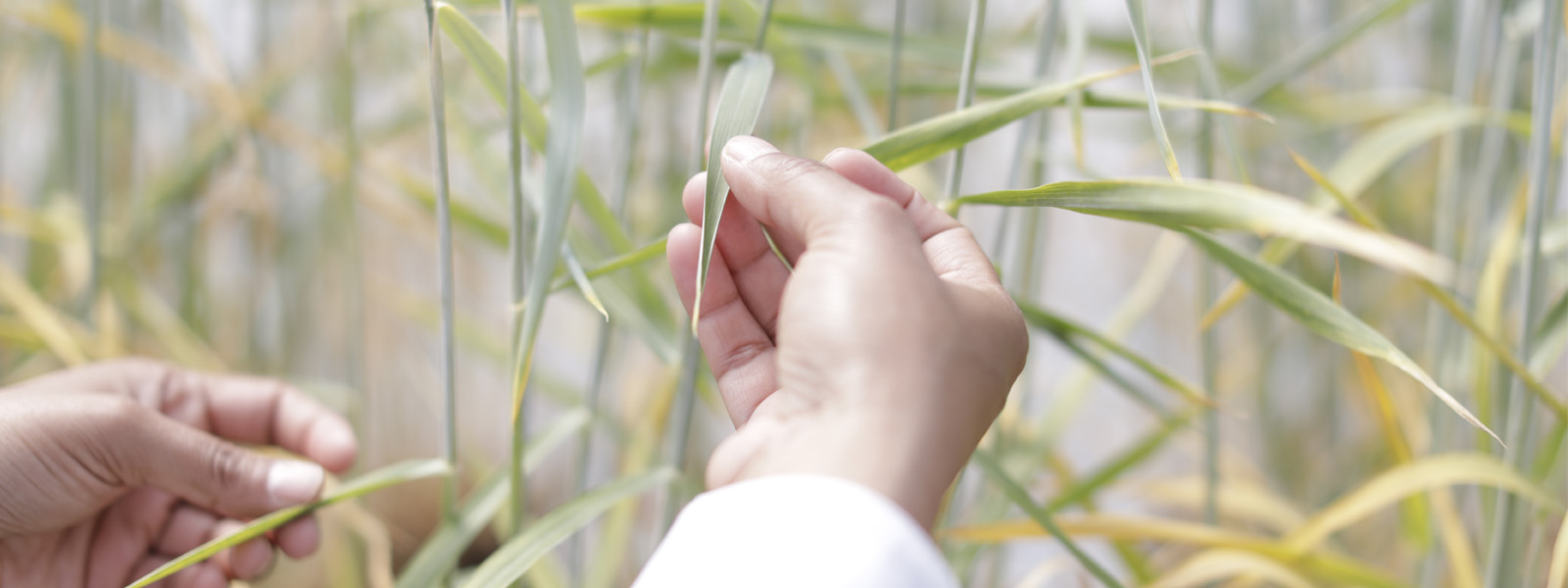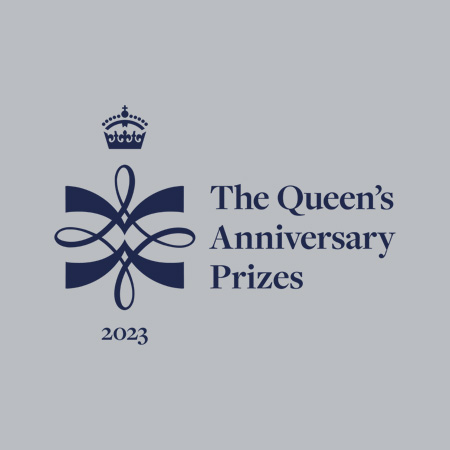Why Lincoln?
The Lincoln Institute for Agri-food Technology (LIAT) is a leading UK research organisation recognised for its world-leading multi-disciplinary research and collaboration with key academic and industrial partners in the agricultural sector – the largest industry in Lincolnshire.
The rapid growth of the institute benefits from strategic UK government funding granted to establish Lincoln as the national centre for excellence in agri-food technology. This includes significant grants from Research England to fund the Lincoln Agri-robotics Centre and from EPSRC for the Centre of Doctoral Training in Agri-food Robotics. LIAT has a growing reputation in crop and soil science research with access to an excellent 400 ha research farm at the Riseholme campus constituting arable, livestock, woodland and watercourses.
The team is actively working towards net-zero agriculture, and reducing chemical inputs in farming through precision agriculture and non-chemical weed control. Crop phenotyping, soil and irrigation management, and selective harvesting of strawberries are just some of the examples demonstrating the LIAT’s offering of practical sustainable and environmentally friendly solutions for improving farming practices.
Explore Our Research
What Does this Programme Offer?
This programme offers an opportunity to gain an MSc by Research in a multi-disciplinary setting, combining the strength of agricultural science with technology in particular social contexts. Whether a student wants to study solely agricultural topics in crops, soils, water or ecology or have these areas combined with technology namely remote sensing, computer vision, or precision agriculture.
The programme offers opportunities to develop skills and knowledge to tackle the problems facing agriculture today. This programme also integrates a social dimension to technology, to enhance technology design, development and deployment and increase its impact.
The Lincoln Institute for Agri-food Technology has a strong focus on industry-relevant research and education, delivering agronomy training (BASIS) to the agri-food sector, and hosting regular industry events such as Breakfast Briefings, with many of our research projects including industry partners. This provides students with an excellent opportunity to engage with key stakeholders in the agri-food sector.
As part of your application for the programme, please provide a short summary of your research background and interests, and an overview of your proposed research and possible research directions.





